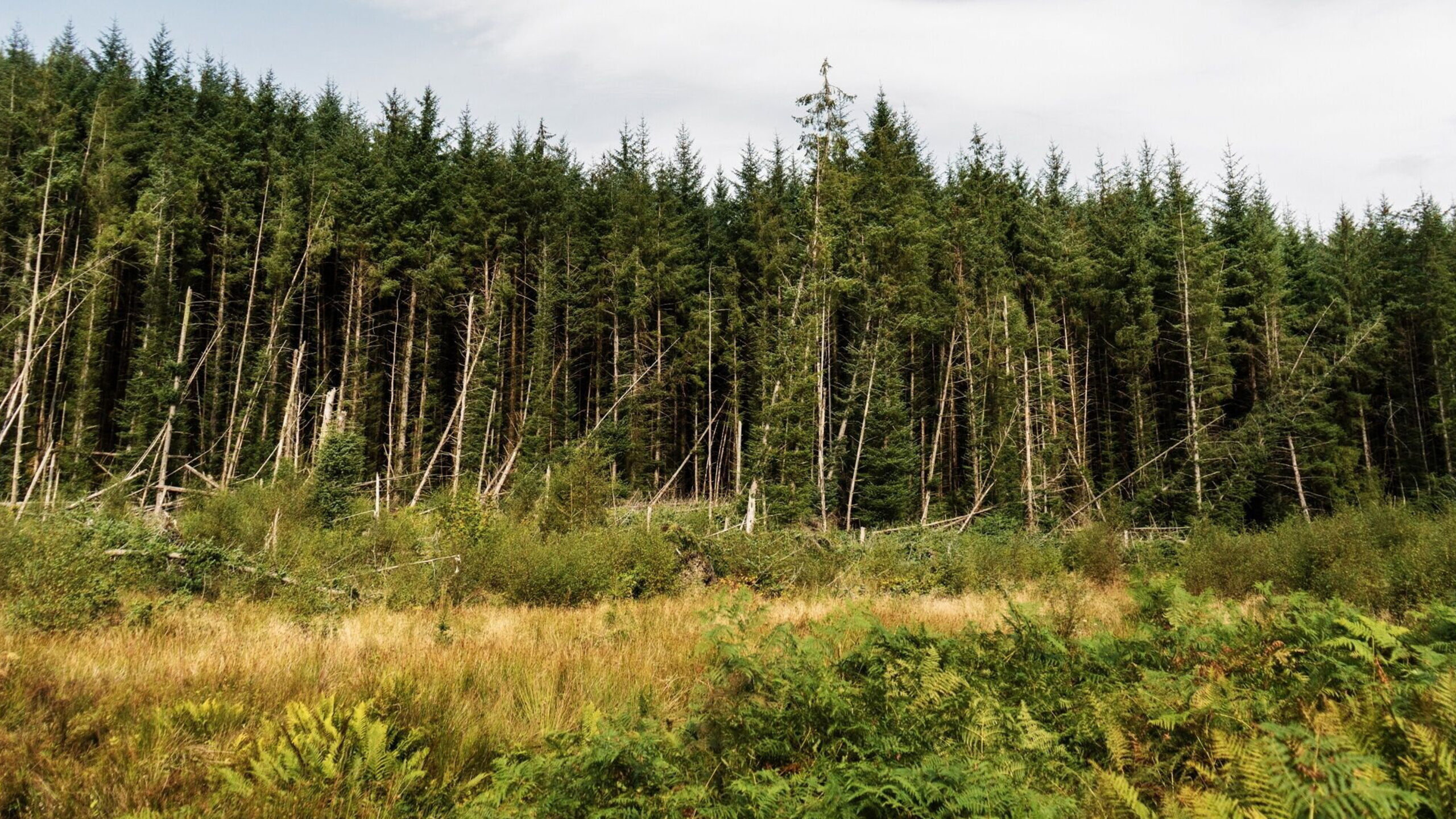

Various last-minute threats by rightwing politicians failed to sink the plan aimed at restoring 20% of EU land and sea by 2030 and all ecosystems in need of restoration by 2050
Despite concerted attempts by rightwing politicians to kill the Nature Restoration Law, members of the European parliament have voted firmly for its adoption. The deal was adopted with 329 votes in favour, 275 against and 24 abstentions.
The bill agrees that EU countries must restore at least 30 per cent of habitats in poor condition by 2030, 60 per cent by 2040, and 90 per cent by 2050. More than 80 per cent of European habitats are deemed as being in poor shape. Farmers will be required to play their part, but the final deal agrees “an emergency brake”, meaning targets for improvements to agricultural ecosystems, such as peatlands, can be suspended if circumstances are considered exceptional and the measures seen as severely reducing the land needed for food production.
The news was widely welcomed after concerns the announcement by the centre-right European People’s party last night that it would vote against the law would kill the bill.
“I am thankful to all those who defended the Nature Restoration Law today,” said EU environment commissioner Virginijus Sinkevičius on X. He said it was crucial “to keep our soils and lands productive and safeguard our farmers’ future, to tackle biodiversity crisis and meet our climate targets, and to preserve our economic basis for many of our industries”.
French MEP Pascal Canfin said the vote has passed “despite all the fake news”.
“We are relieved that MEPs listened to facts and science, and did not give in to populism and fearmongering. Now, we urge member states to follow suit and deliver this much-needed law to bring back nature in Europe,” said a statement by non-profits BirdLife Europe, ClientEarth, the European Environmental Bureau and World Wide Fund for Nature EU. The law still needs to be adopted by the EU Council, although this should just be an exercise in rubber-stamping, before being published in the EU’s Official Journal and entering into force 20 days later.
The EPP had claimed the law would be a “disaster for farmers, forest owners, fishermen and local authorities”, and that it “threatened to slow down the rollout of key infrastructure and renewable energy”. Yet, farmers across Europe have made it clear they are not in agreement with their compatriots who, on Monday, turned parts of Brussels into something resembling a war zone and that they support rules to transition to more nature-friendly ways of farming.
The bill has likewise been supported during the legislative process by large companies, financial institutions and the renewables industry.
“Businesses and investors recognise the enormous threats the increasing degradation of nature poses to our way of life and the real economic opportunities and societal benefits of investing in nature,” Corporate Leaders Group Europe director Ursula Woodburn told Sustainable Views ahead of the vote. “Long-term clarity is critical to unlocking investments in nature at scale.”
Meanwhile, Aleksandra Palinska, executive director of Eurosif, the European Sustainable Investment Forum, had underlined the relevance of protecting nature “from a risk management perspective”, given “protecting biodiversity and nature is closely linked to addressing and mitigating climate change”.
“Investors are increasingly interested in biodiversity and nature, which is visible through a growing number of standards and frameworks,” she told Sustainable Views.
Similar Articles

In Brief: EU parliament rubber-stamps CSDDD; US imposes strict rules on carbon pollution from power plants

UK Climate Change Act remains legally sound 15 years on, experts say


